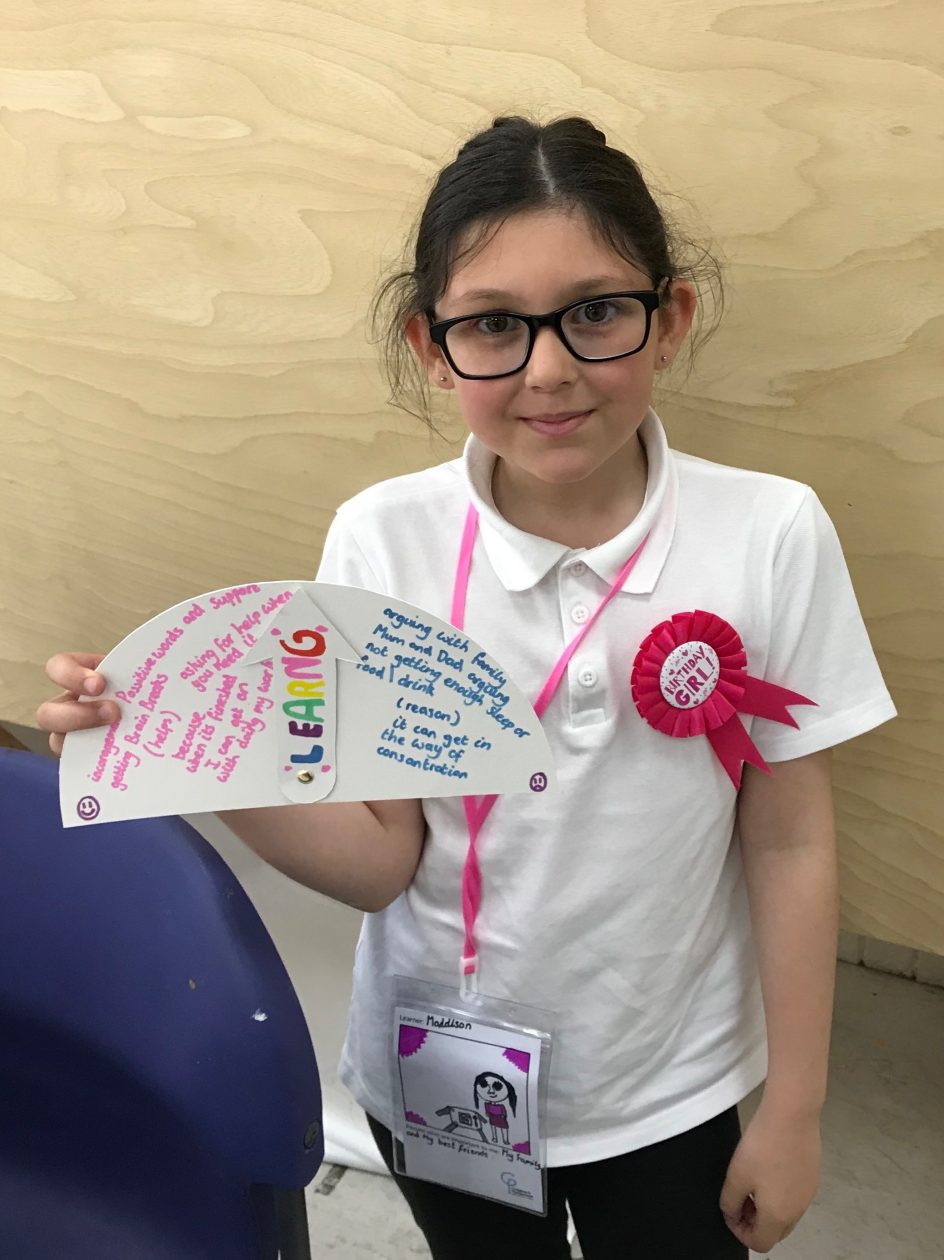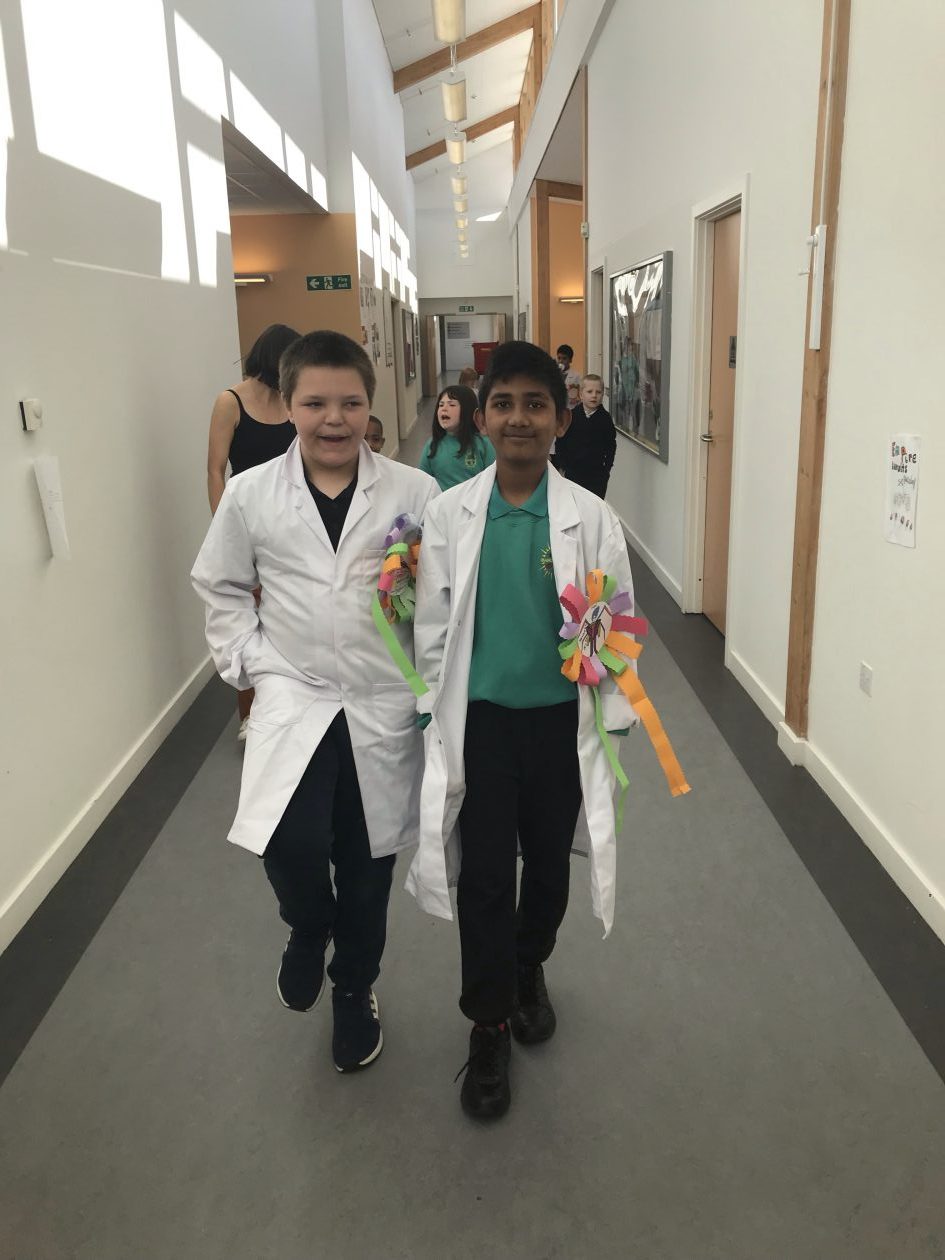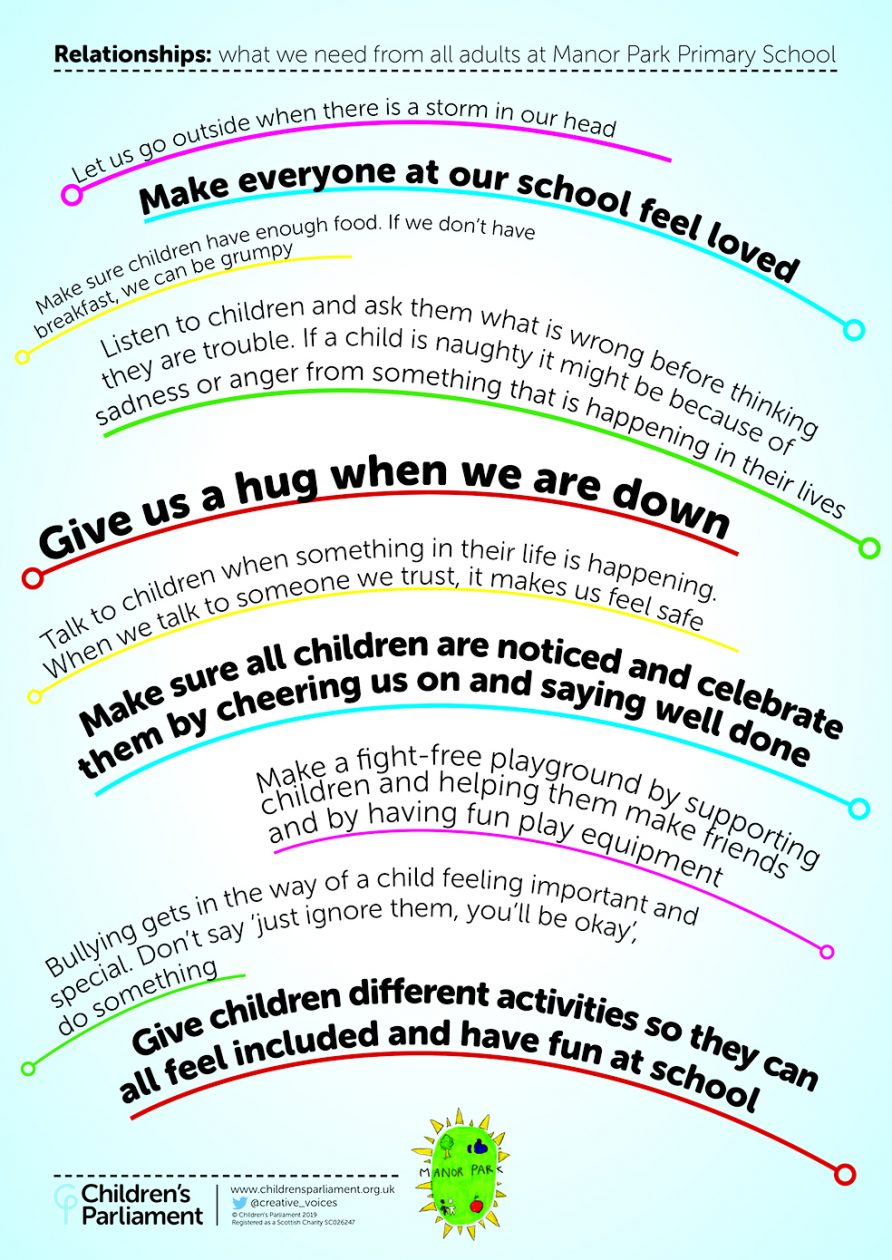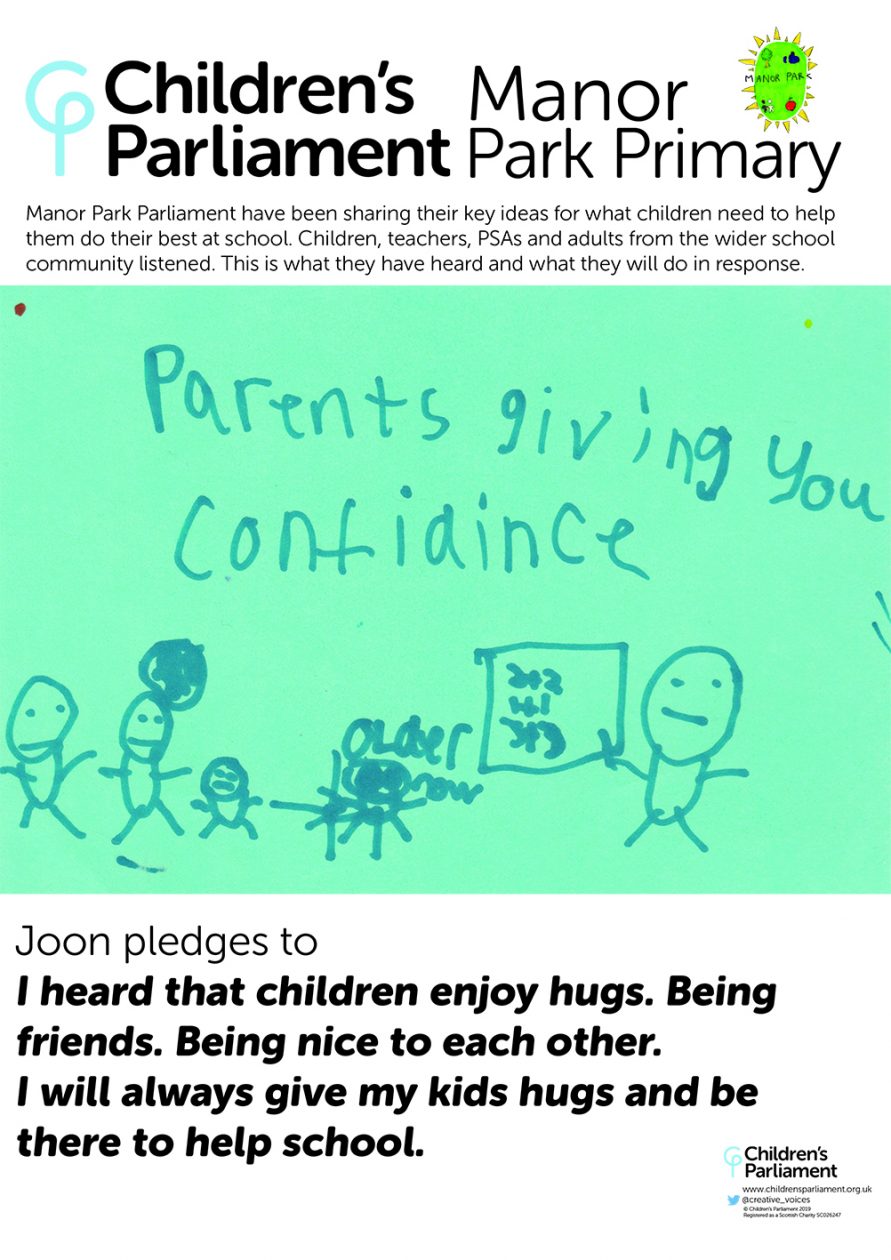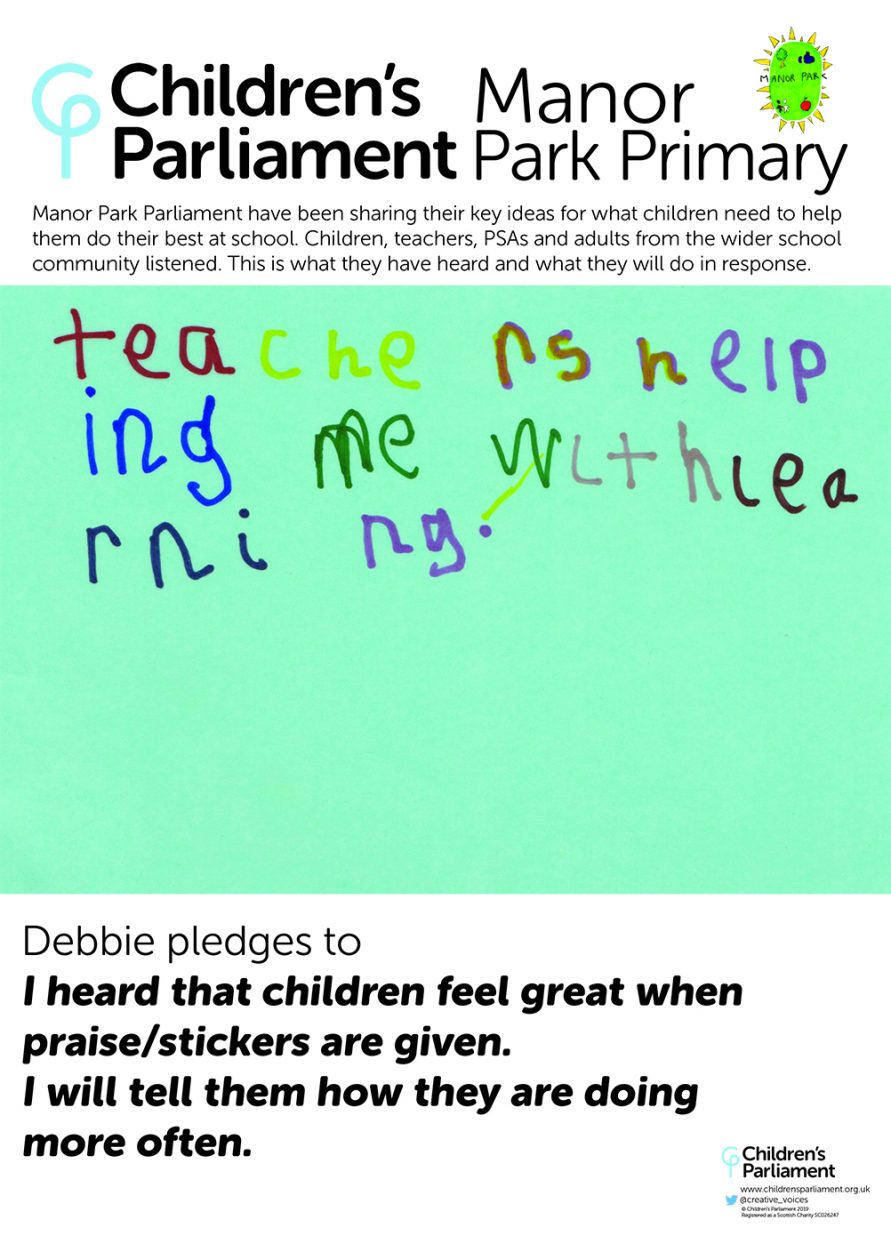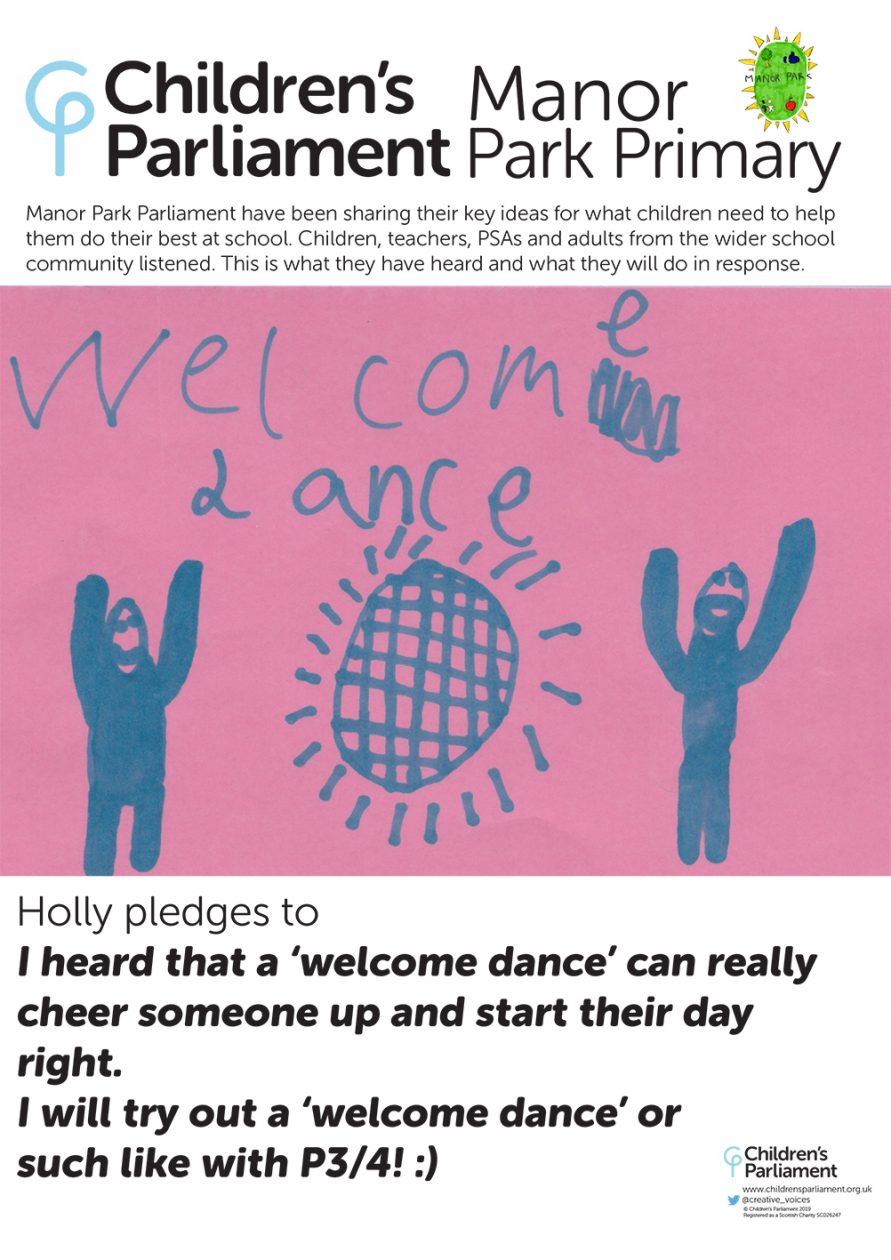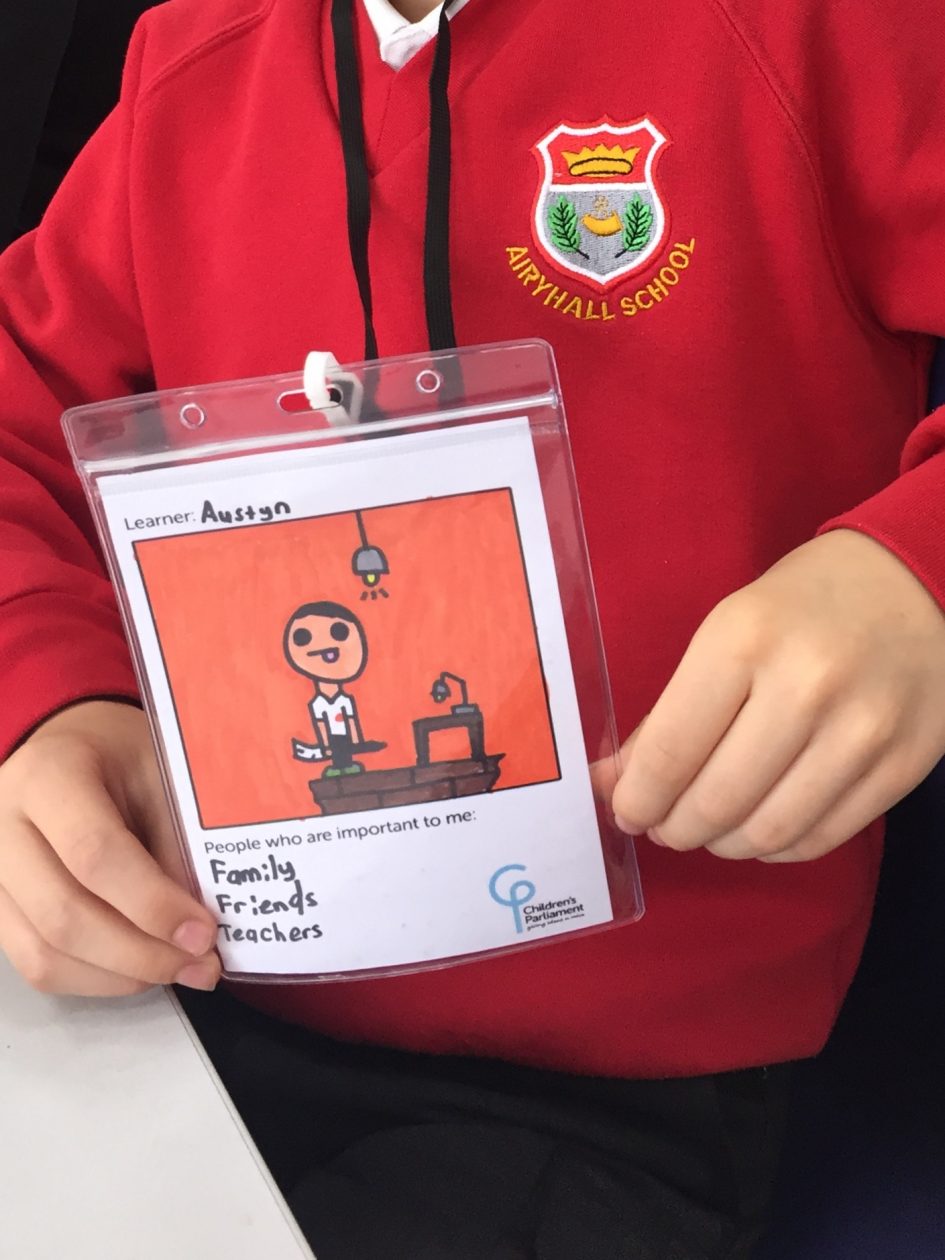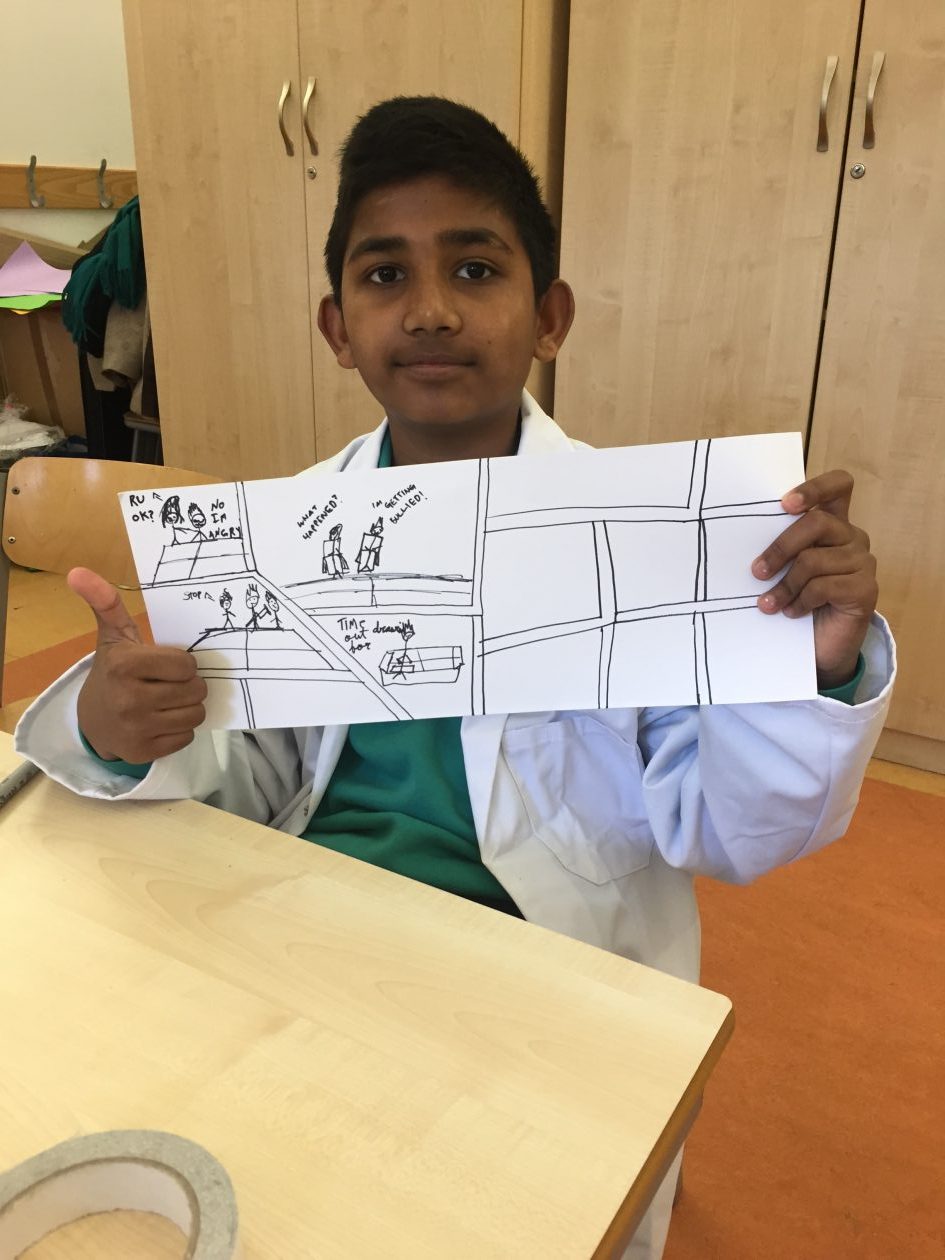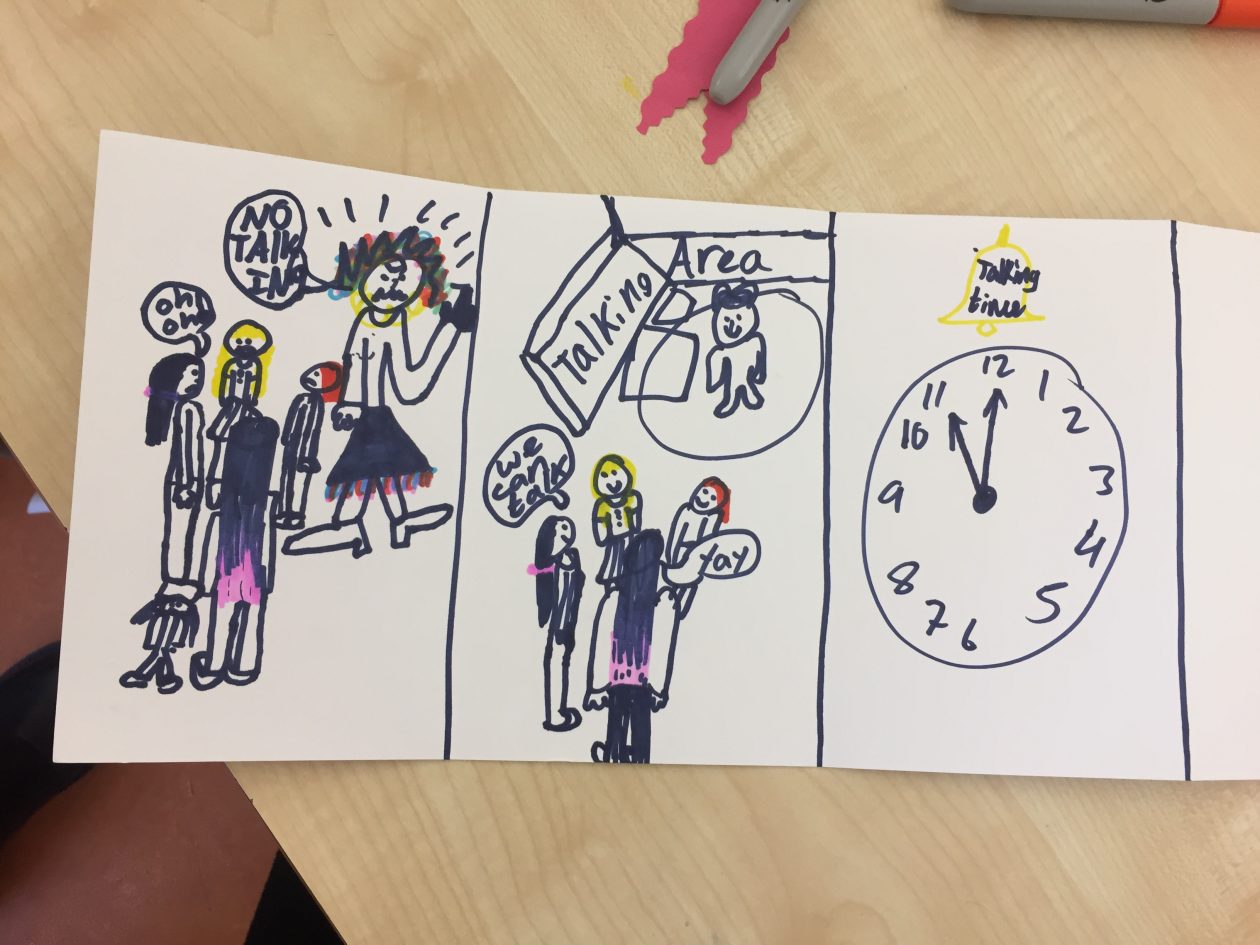The Manor Park Parliament were asked to think about different children at their school.
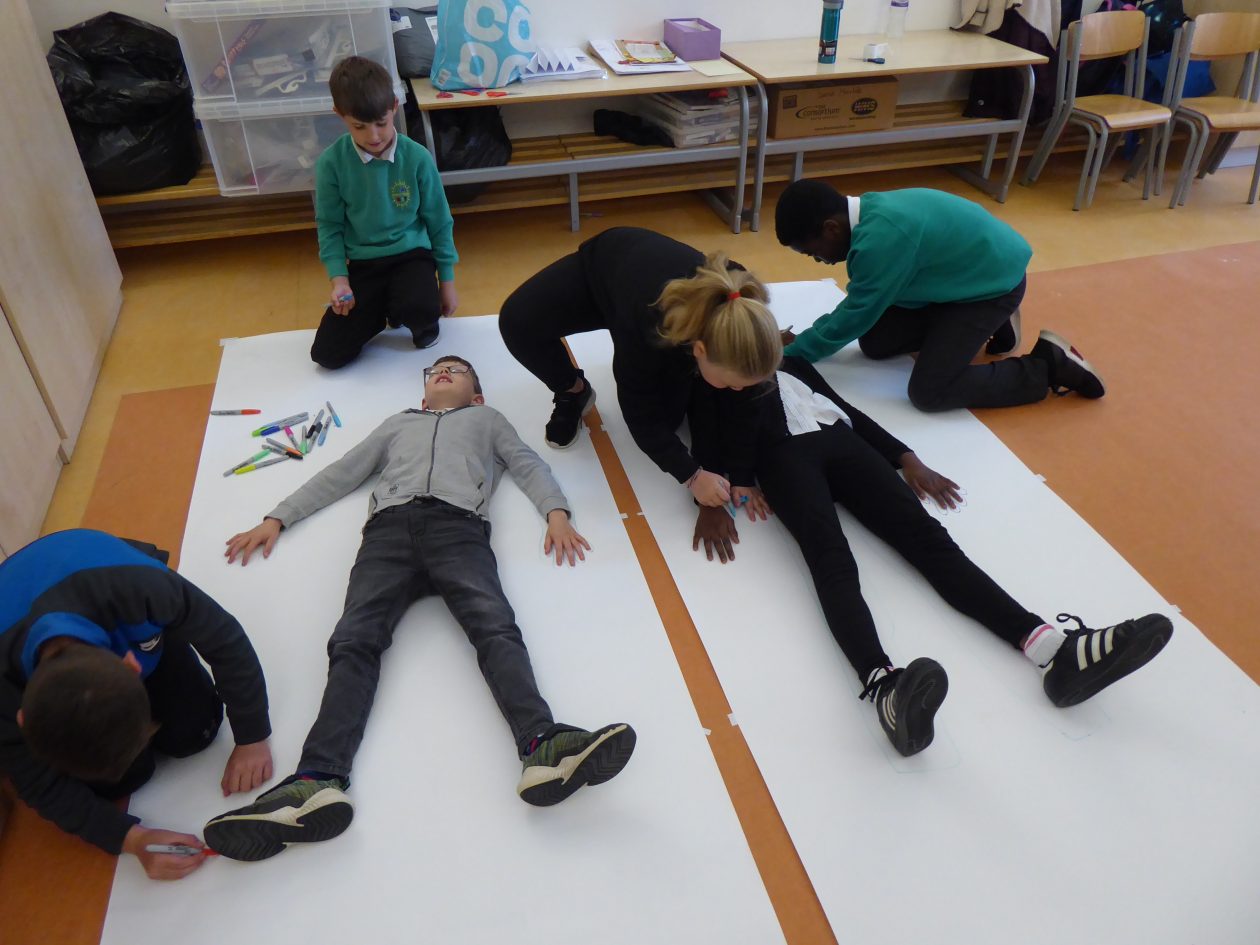
Some children considered a ‘thriving’ child at Manor Park. This a child who is able to do their best, problem solve and have positive relationships. When faced with a challenge, the keep going and give it a shot. The children thought that a thriving child is happy, loves learning and thinking of new games. They run about with their friends, but they are confident and enjoy spending time by themselves too.
Other children considered a ‘surviving’ child at Manor Park, this is a child who only just managing, they might be at school but there are things that get in the way of them being able to do their best. The children said that a surviving child might feel like their is a storm in their head and find it hard to listen at school because they are worried. They might feel unconnected and not in the mood.
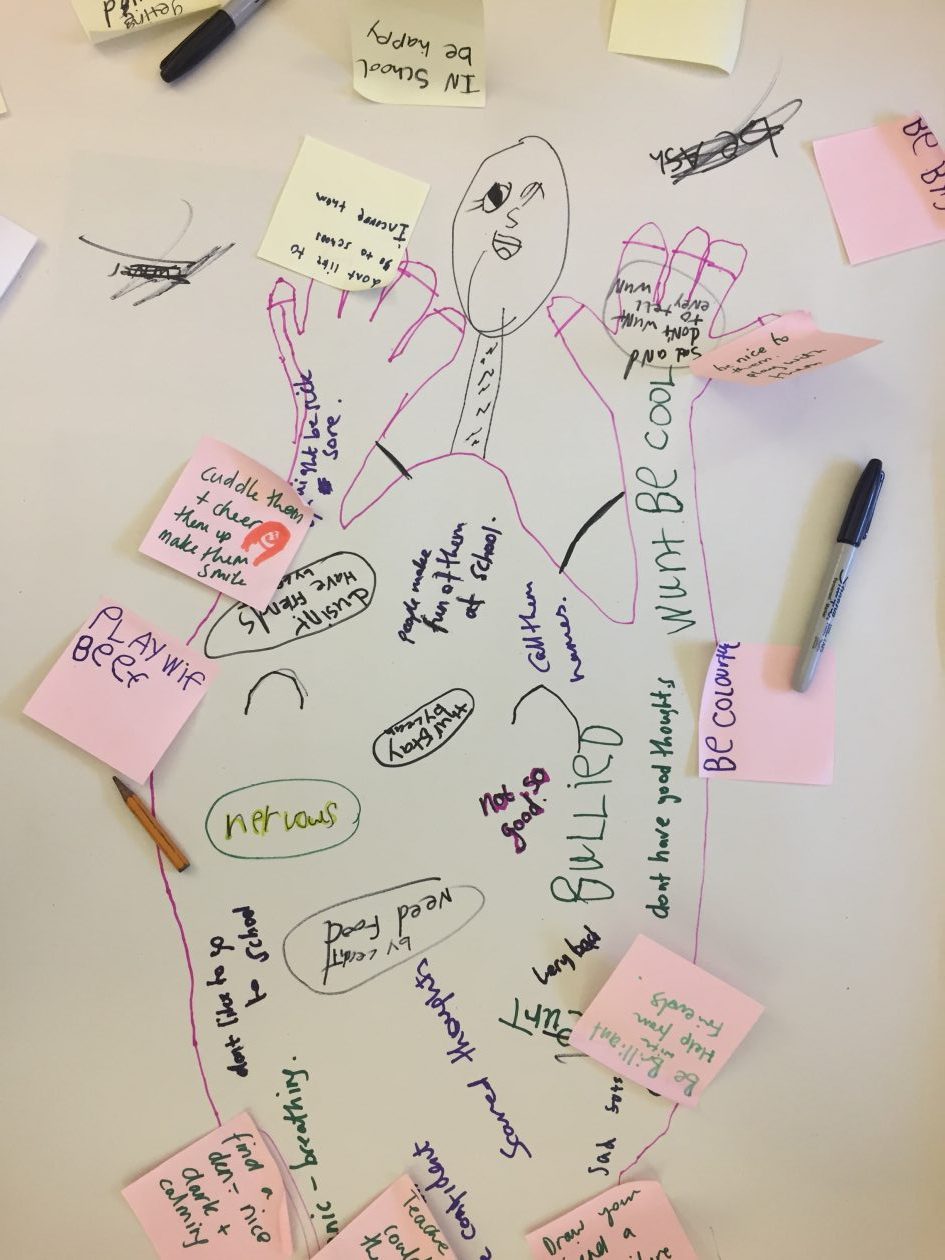
The children were asked to think of things that might help a surviving child at Manor Park.
They said:
‘Adults should listen to children, and ask them what is wrong before giving them into trouble. If a child is naughty it might be because of sadness or anger. If a child is bullying someone it might be because they feel bad and want others to feel bad too.’
If a child feels like they have a storm in their head take them outside. It smells good outside and its sunny today, that would take their mind off it.
‘When a child is sore in the head or stressed they need to get it all out so they know why they are angry. A special person should come into school and talk to them about their feelings, when you talk to someone you trust you feel safe.’
‘Help children feel listened to by listening to them every time in class.’
‘Look after children and laugh with them.’





